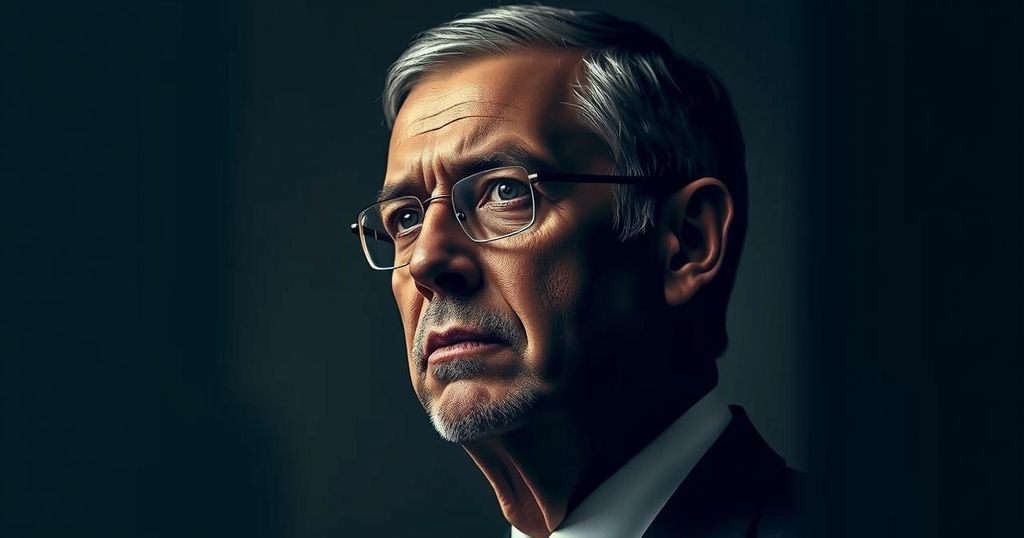Duterte’s Legal Troubles: The ICC Investigates the Philippines’ Drug War
President Rodrigo Duterte is facing significant legal challenges as the International Criminal Court investigates his administration’s war on drugs, which has led to serious allegations of human rights abuses. This inquiry may threaten his future and signify a critical juncture for accountability in international law.
Philippine President Rodrigo Duterte is increasingly grappling with severe legal repercussions as the International Criminal Court (ICC) has authorized an investigation into the brutal anti-drug campaign launched under his administration. This decision, made in September, underscores the gravity of allegations against Duterte, which include extrajudicial killings and human rights violations. As international scrutiny heightens, many believe that Duterte’s era of impunity may soon come to an end, casting a shadow over his presidency and future freedom.
The investigation by the ICC stems from extensive reports highlighting the violent measures employed during Duterte’s war on drugs, which has purportedly resulted in thousands of deaths. Advocacy groups and human rights organizations have condemned these actions, asserting that they constitute serious breaches of human rights and potentially reflect crimes against humanity. The ICC’s involvement signifies a pivotal moment not only for the Philippines’ domestic policies but also for international law, as it attempts to hold leaders accountable for their actions.
In conclusion, the decision by the International Criminal Court to probe into President Rodrigo Duterte’s war on drugs marks a significant turning point in Philippine politics. As Duterte faces mounting international pressure and possible legal ramifications, his future as a leader is increasingly uncertain. The implications of this investigation could redefine accountability for human rights violations in the Philippines and inspire similar actions worldwide.
Original Source: asia.nikkei.com




Post Comment